Stuffed: A History of Good Food and Hard Times in Britain
£16.20£20.90 (-22%)
‘Delicious… Wonderful’ Guardian
‘Fascinating… Full of incident and food for thought’ Mail on Sunday
‘A fact-stuffed romp through our edible history’ The Times
A WATERSTONES BEST FOOD & DRINK BOOK OF 2023
The fascinating history of the people, the ideas and the dishes that have fed – and starved – the nation, by the author of the Sunday Times bestselling Scoff.
In times of plenty, we stuff ourselves. When the food runs out, we’re stuffed too. How have people in the British Isles shared the riches from our fields, dairies, kitchens and seas, as well as those from around the world? And when the cupboard is bare, who steps up to the plate to feed the nation’s hungry children, soldiers at war or families in crisis?
Stuffed tells the stories of the food and drink at the centre of social upheavals from prehistory to the present: the medieval inns boosted by the plague; the Enclosures that finished off the celebratory roast goose; the Victorian chemist searching for unadulterated mustard; the post-war supermarkets luring customers with strawberries. Drawing on cookbooks, literature and social records, Pen Vogler reveals how these turning points have led to today’s extremes of plenty and want: roast beef and food banks; allotment-fresh vegetables and ultra-processed fillers.
It is a tale of feast and famine, and of the traditions, the ideas and the laws which have fed – or starved – the nation, but also of the yeasty magic of bread and ale, the thrill of sugary treats, the pies and puddings that punctuate the year, and why the British would give anything – even North America – for a nice cup of tea.
Read more

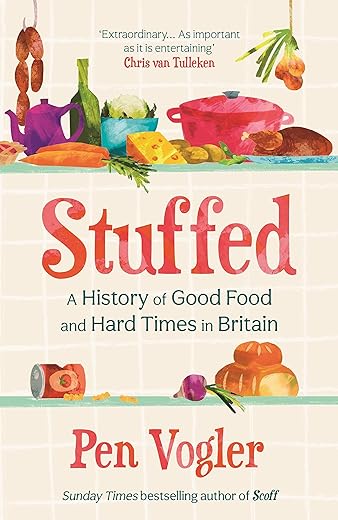
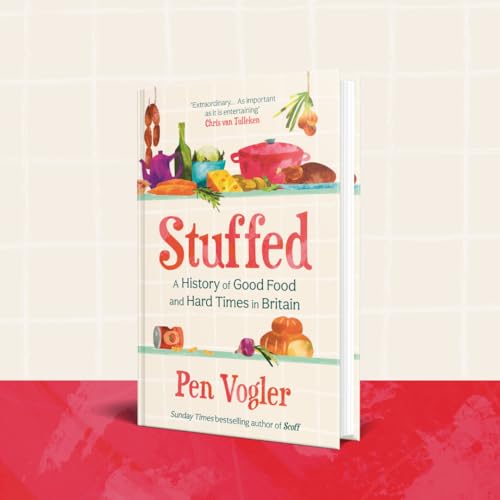
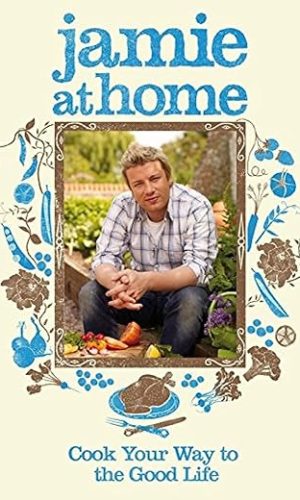

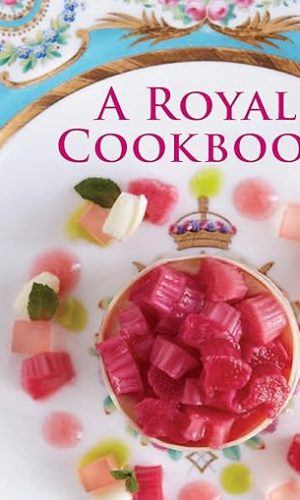
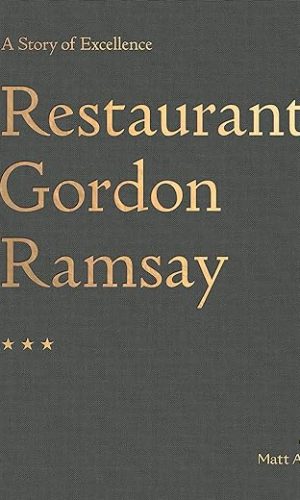
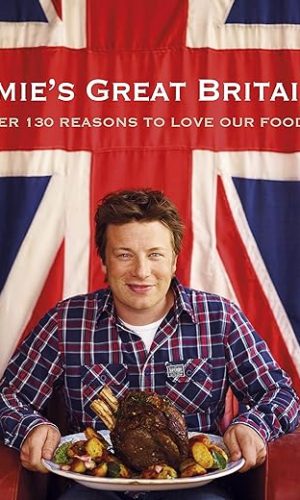


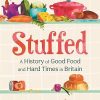
by Grant Fitzner
Feast and famine, plenty and want, are big themes and ‘Stuffed’ is an ambitious and deeply researched book. But like her previous bestseller, ‘Scoff’, this is a fascinating, readable, and witty work – not an academic tome.
As with her last book, food takes centre stage, from gruel to roast goose, strawberries to ultra-processed food. And yes, there are some recipes too.
Pen Vogler’s “history of good food and hard times in Britain” is wide ranging in scope, covering key turning historical points and questions of choice and responsibility. But it never lectures the reader; you are left to draw your own parallels to the present day (of which there are many).
There are many fascinating stories within, including the housewife ‘bread and butter riots’; why a posh French chef invented the catering corp in Crimea; how Celtic Football Club was set up to raise funds for free school meals; why gruel is now ‘cool’ again. And so much more.
Whether you want to dip into individual chapters or read it all the way through, there is much here to enjoy. Recommended.